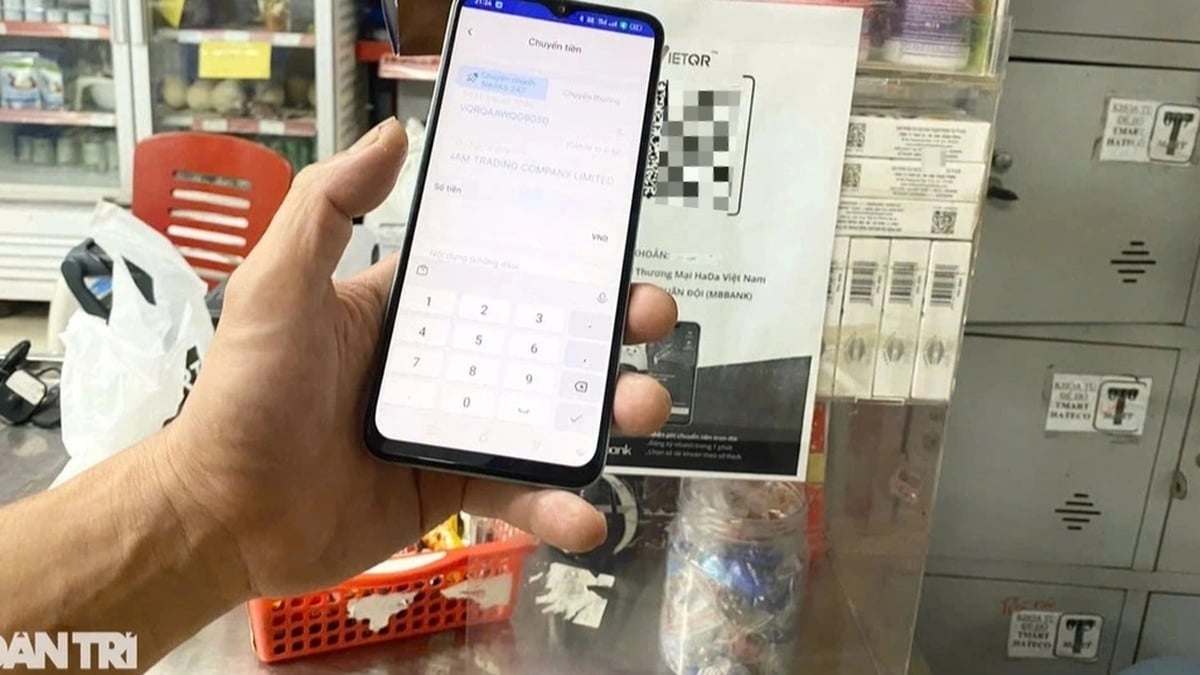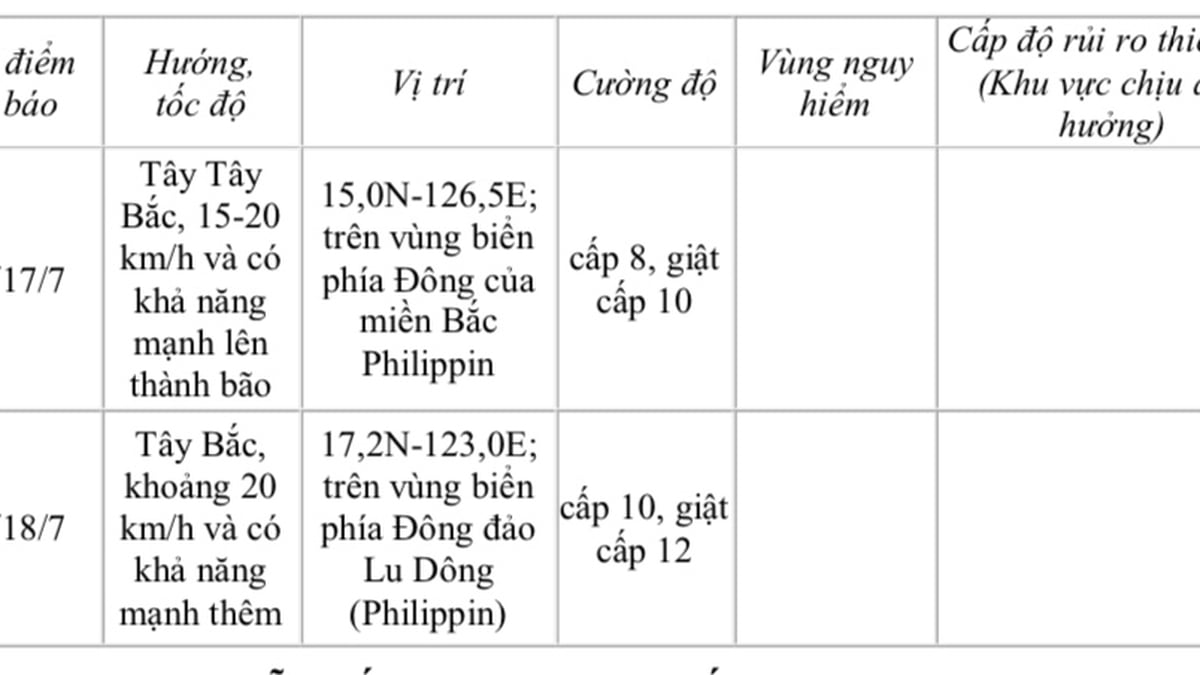The word "OK" is said to have originated in Boston, USA in 1839, as an abbreviation of "Oll Korrect" (a misspelling of "All Correct"), often used in language games.
At that time, young urban intellectuals in America liked to create their own language. At first, they simply abbreviated and spelled words differently; then, wanting a more unique way of communicating, they decided to create internal language codes.
They deliberately misspell common phrases to create homophones, then take the first two letters to make a code. Many acronyms are formed by this wordplay: KC stands for "Knuff Ced" (enough said), OW for "Oll Wright" (all alright), KG for "Ko Go" (no go). Of these coded acronyms, the most famous is "OK".

The word "OK" is used all over the world .
In 1839, the phrase "OK" was officially used in the Boston Morning Post. From then on, a series of newspapers used "OK" and it gradually became popular throughout the United States.
Even the 8th President of the United States - Martin Van Buren also used the word "OK" as a slogan for his second election campaign in 1841. Because he was born in the town of Kinderhook, New York, President Buren used the slogan: "Old Kinderhook was oll korrect" (the old man from Kinderhook was absolutely right).
In 1841, William Cooke and Charles Wheatstone (England) built a printing telegraph to send Moses codes to the other end of the wire. The Morse code system for telegraphy, first used around 1844, was designed to create indentations on a paper tape when it received an electric current. From the indentations on the paper, people began to decipher the alphabetic text.
Because of limited technology, characters are often abbreviated, short, easy to understand, and "OK" is even more important.
This is where OK shines. The letters are easy to type and hard to mistake for anything else. Even the 1865 telegraph manual states that “no message shall be considered to have been transmitted until the office receiving it has given the OK.”
It was also thanks to the development of the telegraph that the word “OK” became popular throughout the world. “OK” became a word representing confirmation. In fact, during the development process, this word gradually took on many other meanings such as consensus and agreement.
"OK" has gradually become a global symbol, penetrating the spoken languages of many different languages around the world. In each culture, "OK" has a different form and pronunciation. With increasingly diverse usage, the true origin of the word OK has gradually faded into oblivion.
Source: https://vtcnews.vn/cau-do-hack-nao-tu-ok-nguon-goc-tu-dau-ar945406.html




















































![[Maritime News] More than 80% of global container shipping capacity is in the hands of MSC and major shipping alliances](https://vphoto.vietnam.vn/thumb/402x226/vietnam/resource/IMAGE/2025/7/16/6b4d586c984b4cbf8c5680352b9eaeb0)













































Comment (0)